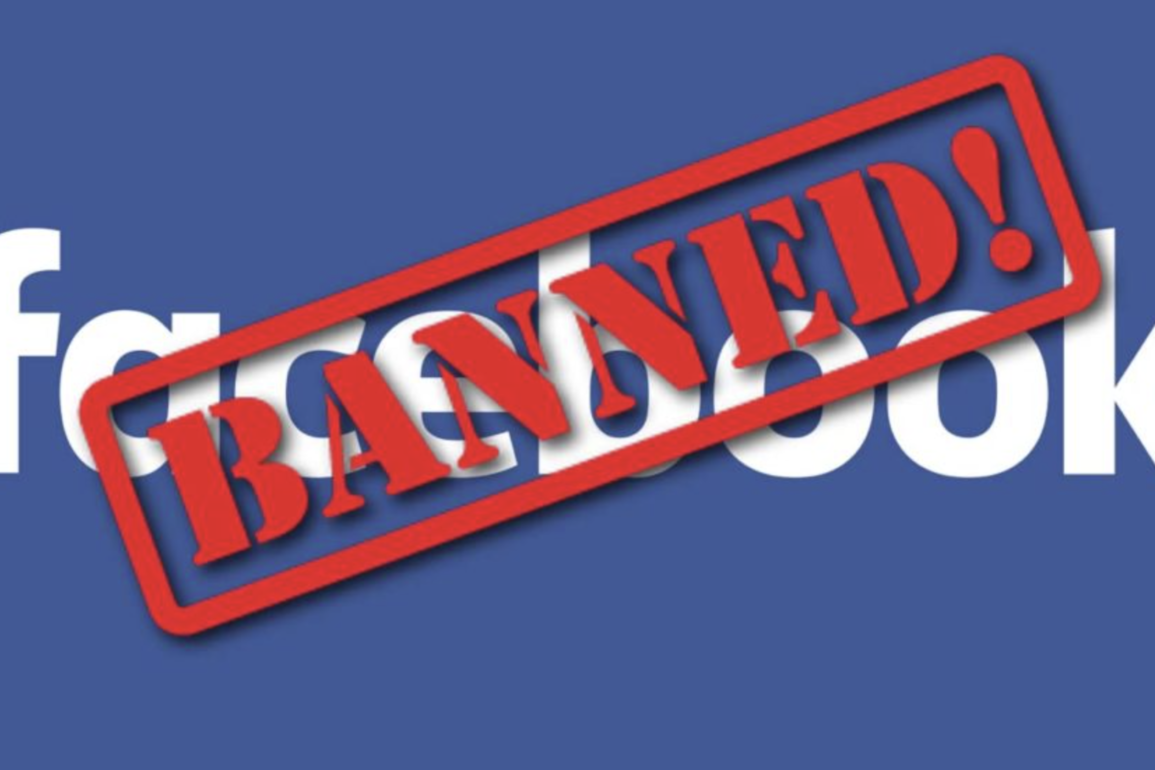Facebook, with more than 3 billion users, occupies a paradoxical position in the digital age: the world’s most popular social network is also the most frequently banned. According to a new study by the influencer platform Heepsy, Facebook is currently blocked in seven countries—including China, Russia and North Korea—underscoring how geopolitical fault lines increasingly shape the flow of digital information.
The research examined leading apps by monthly active users, U.S. market share, annual revenue and online search interest, then compared those metrics with government restrictions. The results paint a portrait of uneven access to the global internet: while Facebook generated $134.9 billion in revenue last year, it remains inaccessible to users across large swathes of the world, including Uganda and Turkmenistan.
WhatsApp, with 3.03 billion monthly users, faces bans in five countries, making Meta the parent company of the two most restricted major platforms. YouTube, despite drawing 2.7 billion users and 10 million monthly search queries, is fully blocked in North Korea and partially restricted in Germany, China, Thailand and Malaysia. Instagram, also owned by Meta, is banned in China, Vietnam, North Korea and Turkey. Google, the world’s dominant search engine, is blocked outright in China, which instead promotes its homegrown alternative, Baidu.
WeChat, the Chinese “super app” with 1.3 billion users, faces a full ban in India and partial restrictions on government devices in countries such as Canada and the UK. TikTok, whose rapid growth has unsettled regulators worldwide, is prohibited in India and restricted in Nepal, Taiwan, New Zealand and Indonesia. Twitter (X) remains inaccessible in six countries, including Iran and Russia. Even Spotify, a music platform often perceived as less politically sensitive, is banned in more than ten countries, including China, Ethiopia, Sudan and Venezuela.
The broader picture is one of accelerating digital fragmentation. Nearly half the world’s population—3.8 billion people—now lives in countries that restrict access to major platforms, raising questions about whether the global internet is splintering into national and regional blocs.
“As applications become more integrated into daily life, some governments increasingly view them as extensions of foreign influence,” said Tabi Vicuña, founder of Heepsy. “Even countries that once welcomed all technology now carefully evaluate which platform aligns with their interests. The real impact is on everyday users who suddenly find themselves disconnected. While technically savvy individuals find workarounds through VPNs, most citizens are not capable of doing that, so some simply adapt to whichever platforms are available in their region.”
The Heepsy study highlights not only the sheer scale of platform dominance—Facebook alone reaches more than a third of humanity—but also the vulnerability of those same platforms to government power. For global tech companies, the tension between growth and access is becoming harder to ignore.




